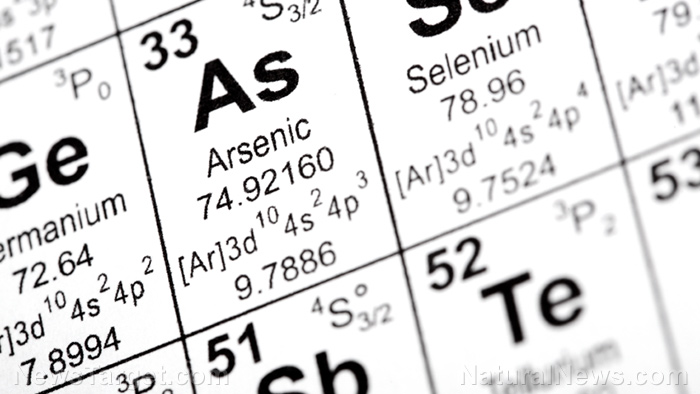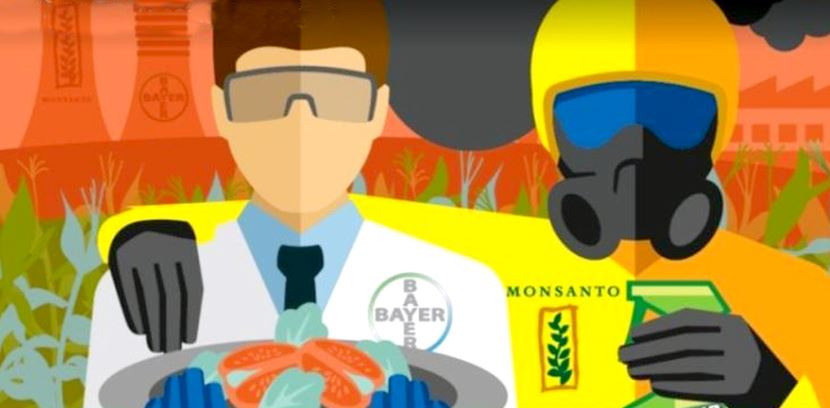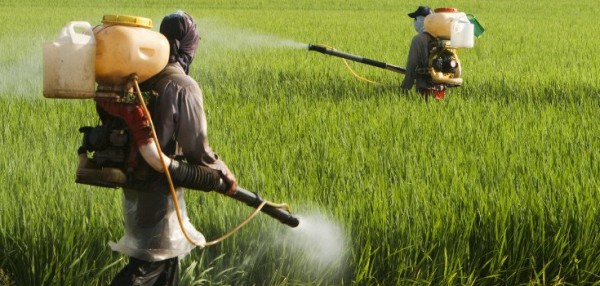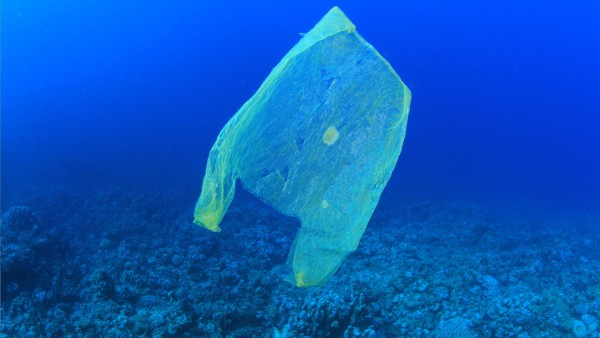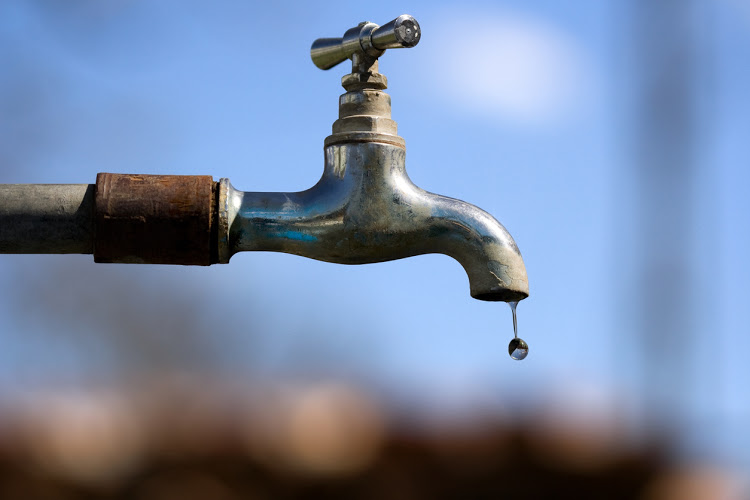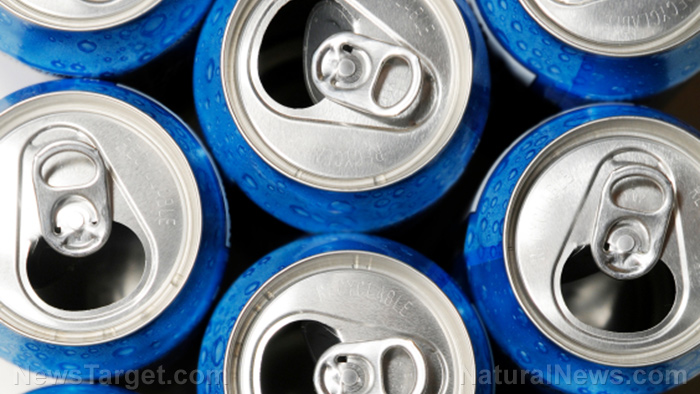Elimination organs hit the hardest by air pollution: Toxic particles cause cancer in the kidneys, bladder, bowel and lungs
11/13/2017 / By Janine Acero

Air pollution causes a myriad of illnesses, most notably diseases concerning the heart and lungs. Now a groundbreaking study has revealed that the toxins we are inhaling daily may also cause kidney and bladder cancer.
According to Dr. Michelle Turner, first author of the study: “This research suggests that air pollution was not associated with death from most non-lung cancers, but the associations with kidney, bladder and colorectal cancer deserve further investigation.”
In the U.K., heart disease and stroke are the major causes of 40,000 premature deaths a year and six million sick days. Pollution has been identified as one of the key drivers of these diseases, with alarming pollution levels in 43 of the largest towns and cities in the U.K. – from Eastborne to London, Glasgow, Leeds and Birmingham – reported to be exceeding global safety limits.
Mel Evans, clean air campaigner at Greenpeace, told Daily Mail online: “Air pollution in the U.K. is at illegal levels in many parts of the country, and yet despite all the evidence that links this pollution to very serious and life-threatening illness, action to reduce air pollution remains wholly inadequate. In order to make our air clean and safe to breathe, we need both the government and car industry to take urgent action on diesel pollution. People need real alternatives to diesel, and fast.”
The new study, led by the Barcelona Institute of Global Health, looked at pollution alongside cancer-related deaths and found links to kidney, bladder and bowel cancer, due to microscopic particles from car exhausts called PM2.5 particles, which are inhaled deep in the lungs. Measured in milligrams per meter cubed (μg/m3), around one in 10 come from road transport. This raises the risk of people dying from kidney or bladder cancer by almost 15 percent.
Additionally, the danger of developing bowel cancer rises to six percent with people who are at constant exposure to nitrogen dioxide, such as those living near busy roads, the study has found. Diesel cars are now known to produce larger quantities of nitrogen dioxide than petrol.
The health risks have fueled criticism of the Labor government which cut road tax to incentivize diesel cars, on the basis that they emit less carbon dioxide.
While lung cancer is high on the list of the top killers, there has been little evidence on other types of cancer.
The study was published in the journal Environmental Health Perspectives.
Researchers of a previous study have linked air pollution to chronic kidney disease, whose findings revealed that almost 45,000 cases of kidney disease and over 2,000 cases of kidney failure could be attributed to levels of air pollution.
Indoor pollution
While outdoor pollution could take years before it can be managed, you can definitely do your part in helping to reduce it at least. (Related: Researchers find that concrete structures can actually REDUCE air pollution by adsorbing sulfur dioxide.)
A typical home has lots of different sources of pollution. It could come from the heating, by cooking, cleaning, smoking, from perfumes and furnishings like carpets. There are also “bioaerosols” which could be: bacteria, fungi, viruses, dust mites and bits of skin shed by furry or feathered animals. Cleaning products give off pollutants as well.
Though some indoor pollutants are unavoidable, you can still reduce your exposure simply by:
- Keeping the windows open when you’re cooking to keep fresh air flowing around the house;
- Not smoking indoors;
- Using a doormat to prevent dirt from entering your home; reducing your use of chemical-filled aerosols and other cleaning products; and
- Getting some house plants to help circulate oxygen around your house.
Read more about air pollution and its effects on the environment at Environ.news.
Sources include:
Tagged Under: Bladder cancer, cancer, Colorectal Cancer, kidney disease, lung cancer, toxic air, toxins








